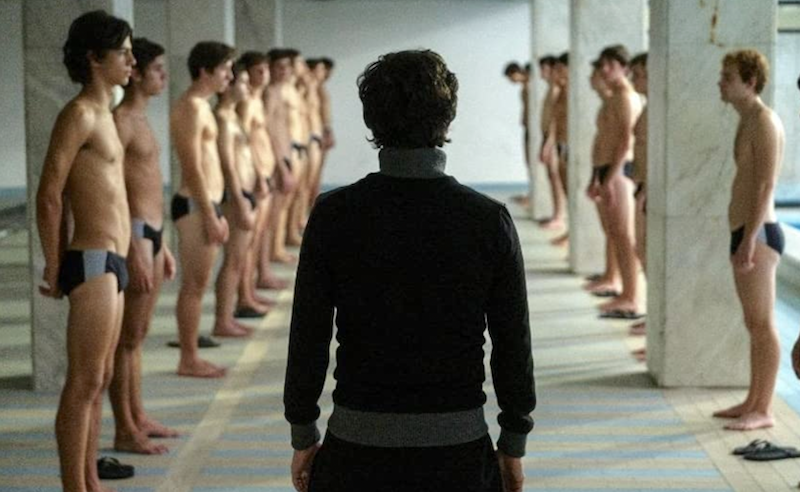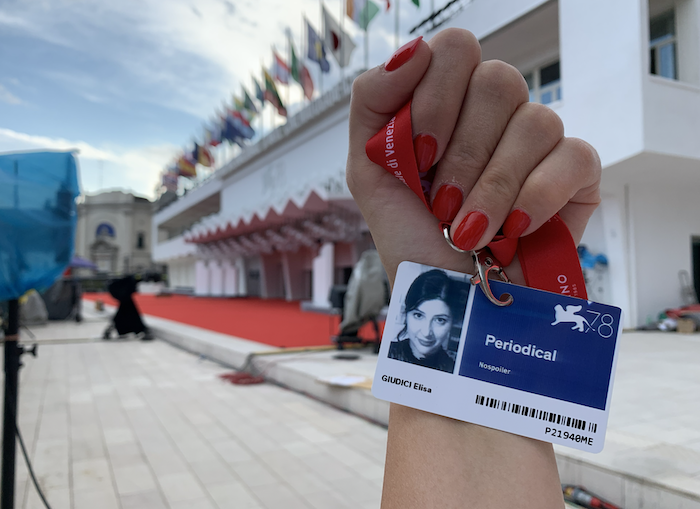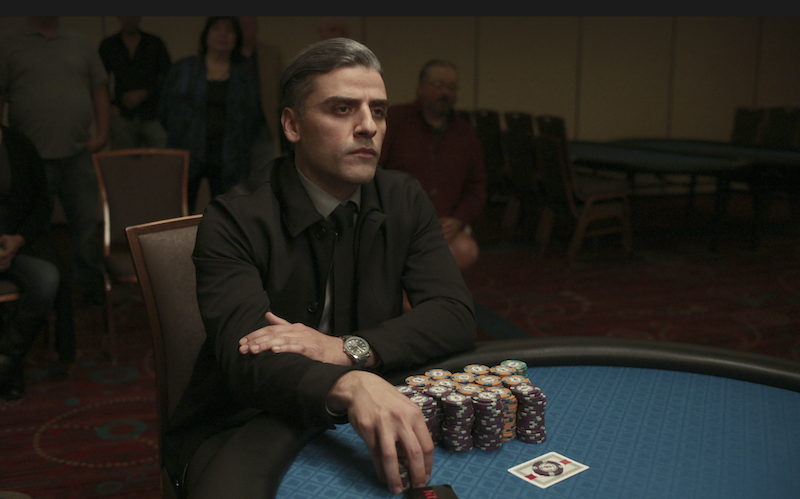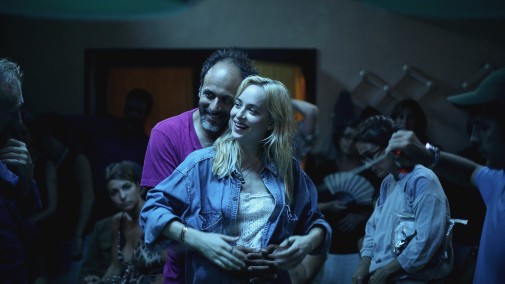The Italian Oscar race: 18 contenders for the submission, 1 probable winner
 Tuesday, October 19, 2021 at 8:00PM
Tuesday, October 19, 2021 at 8:00PM by Elisa Giudici
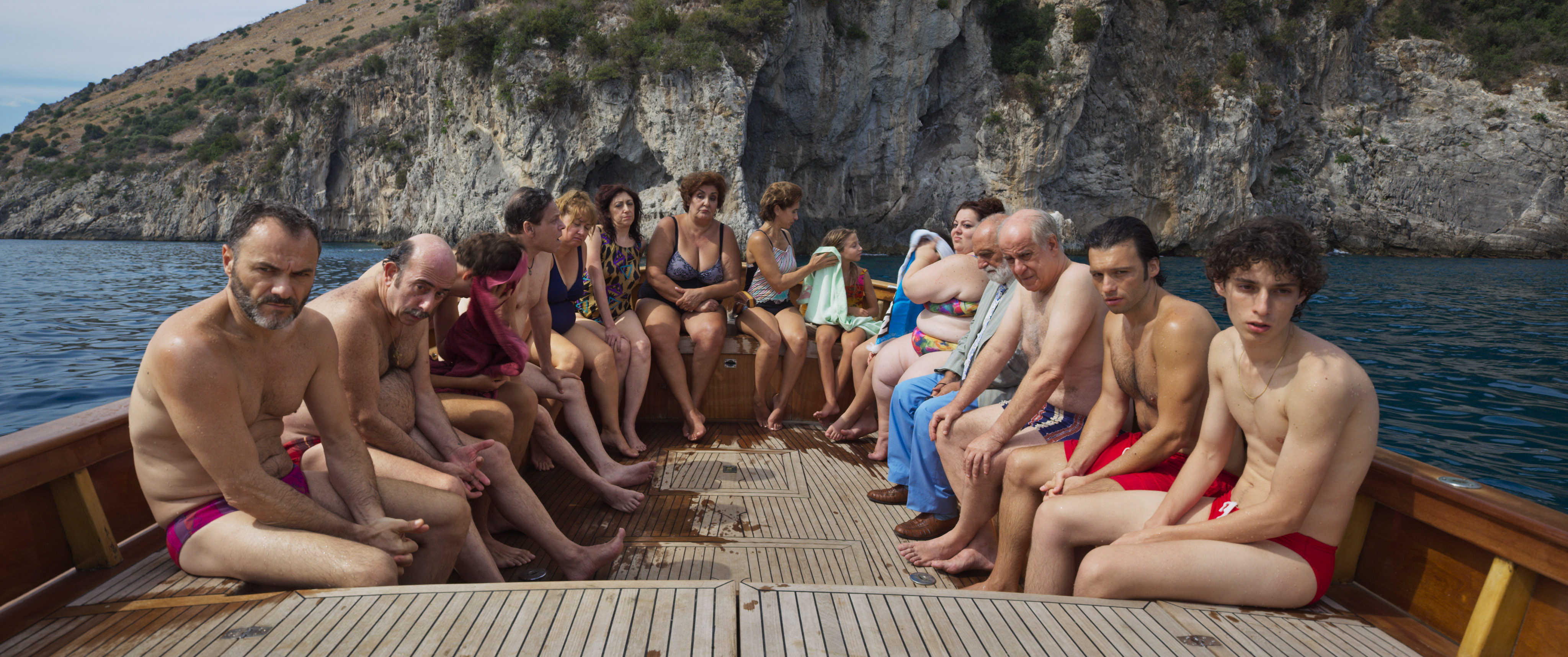 THE HAND OF GOD
THE HAND OF GOD
The Italian longlist for the 2021 Oscar submission is very long and much better than usual, quality-wise. Although if the Italian Cinema Academy appointed by ANICA really wants to give Italy a chance to make the finals,the choice is obvious: Paolo Sorrentino's The Hand of God.
Unfortunately, in the last decade, the Italian film commission's rulings on this matter have not proved to be that smart. I mean, how can you send Marco Bellocchio's The Traitor (as beautiful and important as it was domestically) when The New York Times states that Pietro Marcello's Martin Eden is the best movie of 2020? Our only solace was that that was the year of Parasite, so there was no room for a real contender to Bong Joon-ho's victory in Best Internatural Feature Film...



